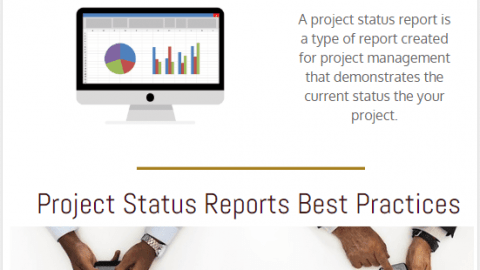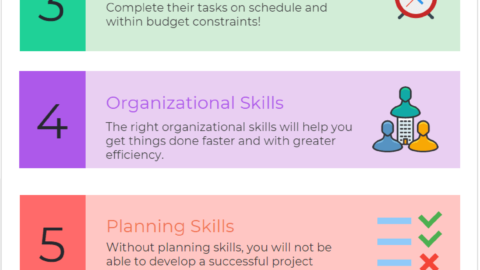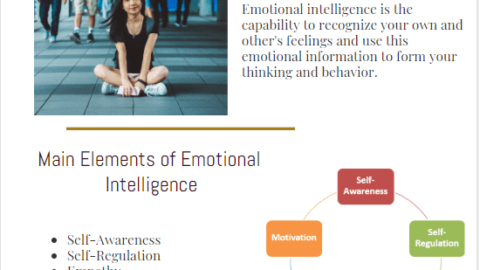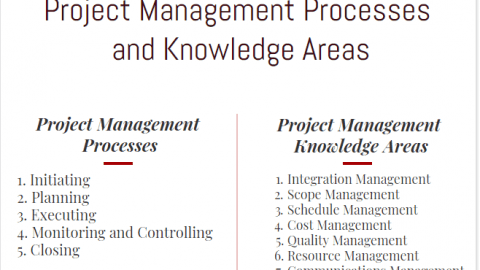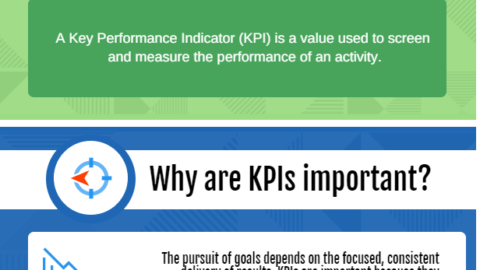Building an Ethical Culture: Implementing Effective Codes of Conduct in Projects
Creating an ethical culture within a project team is not just about compliance—it’s about building a foundation of trust and integrity that resonates through every level of an organization. Effective codes of conduct serve as crucial roadmaps that guide behavior, decision-making, and overall corporate governance. For project managers, developing and enforcing these guidelines is key to ensuring that every team member aligns with the project’s ethical standards. This article provides actionable strategies to help you establish a robust ethical framework within your projects.
Table of Contents
Understanding the Importance of Codes of Conduct in Project Management
Codes of conduct are vital tools that establish a framework for ethical behavior within project teams. They serve not only as a preventative measure against unethical practices but also as benchmarks for professionalism in project management. By clearly defining what is expected in terms of conduct, these codes help to ensure that all team members are on the same page, reducing ambiguities that can lead to ethical dilemmas. Here’s why they matter:
- Foster a Respectful Work Environment: They promote a culture of respect and dignity, which can improve team collaboration and morale.
- Enhance Corporate Reputation: Projects adhering to high ethical standards are likely to enhance the organization’s reputation.
- Mitigate Legal Risks: They reduce the risk of legal issues related to non-compliance and unethical behavior.
Steps to Develop an Effective Code of Conduct

Developing a code of conduct is a strategic process that aligns with the organization’s core values and the ethical expectations of its stakeholders. This process should be comprehensive and inclusive, ensuring that the codes resonate with everyone involved in the project and reflect the practical aspects of daily operations.
- Identify Core Values
- Determine the core values that define your organization and how these can be reflected in project management practices. Values might include integrity, accountability, and respect.
- Engage Stakeholders
- Include diverse stakeholders in the drafting process, such as team members, management, and potential clients. This inclusivity ensures the code addresses multiple perspectives and needs.
- Outline Expectations Clearly
- Specify acceptable and unacceptable behaviors. Be clear about the consequences of violating the code.
- For instance, explicitly state that all project data must be handled with confidentiality and detail the protocols for reporting ethical breaches.
- Make It Accessible
- Ensure the code of conduct is easy to understand and accessible to all team members. Consider translations or adaptations based on regional and cultural considerations.
Incorporating Privacy and Code of Conduct into Your Projects
Incorporating a code of conduct into project management goes beyond mere documentation; it requires active management and integration into the project’s lifecycle. Effective integration ensures that the guidelines are theoretical, practicable, and central to the project’s operations. Consider the following strategies to embed ethical guidelines effectively within your project management framework:
- Regular Training and Updates: Conduct training sessions to help team members understand their ethical obligations under the project’s code of conduct. Regularly update the training to reflect any changes in regulatory or business environments.
- Visibility of Guidelines: Keep the code of conduct visible in everyday project activities. It could be included in project start-up packages, meeting rooms, and common areas.
- Leadership by Example: Project leaders should exemplify the code of conduct in their daily actions and decision-making processes. Leadership commitment reinforces the importance of ethical behavior.
Enforcing the Code of Conduct
Effective enforcement is crucial for the integrity and utility of any code of conduct. Without consistent enforcement, the rules and guidelines outlined in the code can become merely symbolic, failing to influence behavior or prevent ethical breaches. Enforcement strategies must be robust, transparent, and fair to ensure they are respected and adhered to by all team members.
- Clear Reporting Mechanisms: Establish a confidential and secure method for reporting ethical concerns and breaches. Ensure that employees know how to report issues without fear of retaliation.
- Consistent Application: Apply the code of conduct uniformly across all project stages and to all team members, regardless of position or seniority.
- Review and Adapt: Regularly review the code’s effectiveness and make necessary adjustments. This may involve soliciting feedback from team members on its clarity and relevance.
Navigating Complex Legal Scenarios
Legal complexities in project management are not uncommon and can range from contract disputes to compliance issues. Each carries potential risks that can derail a project’s progress. Being prepared with a robust ethical and legal framework is essential to navigating these challenges effectively. This preparation safeguards the project and ensures that managers can make informed decisions under pressure.
- Understanding Legal Terms: Project managers should understand legal terms and processes, such as depositions and other legal procedures, to better navigate these situations. Knowledge of these terms helps in interpreting legal documents and communications accurately, ensuring proper handling of legal scenarios that might impact the project.
- Legal Consultation: Engage legal counsel in drafting and periodically reviewing the code of conduct to ensure compliance with the latest laws and regulations. Regular legal consultation helps project managers stay abreast of new laws and legal trends that could affect project execution.
Cultivating Ethical Excellence
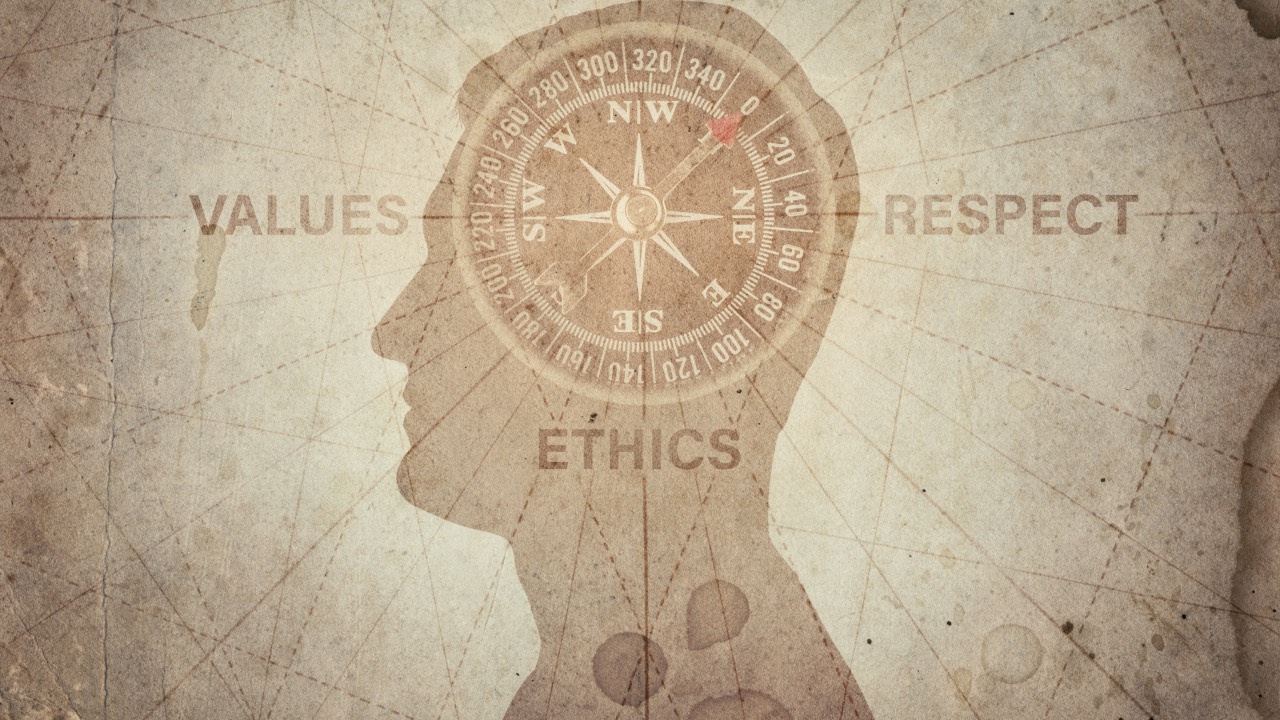
Building an ethical culture through a strong code of conduct is not a one-time task but an ongoing commitment. It requires diligence, openness, and a proactive approach to integrating ethical considerations into every aspect of project management. By prioritizing ethical practices, project managers protect their projects and organizations from legal repercussions and set a standard for excellence that inspires all team members to follow suit. In fostering this culture, remember that the journey is just as important as the destination, and every step taken toward ethical excellence is a step toward sustained success.
This ongoing journey of ethical refinement and practice involves continuous education and reflection among all team members. Encouraging open discussions about ethical dilemmas, providing feedback on adherence to the code of conduct, and celebrating ethical victories are vital strategies that reinforce the importance of these practices. As the project landscape evolves, so too should the ethical frameworks that guide it, ensuring they remain relevant, robust, and responsive to new challenges. Embracing this adaptive approach fosters a resilient ethical culture and cultivates a sense of shared responsibility and trust that can significantly enhance project outcomes.

Victor Z Young is a Civil Engineer with 35 years of experience working alongside the executive team of various construction companies. Victor specializes in construction insurance, delay analysis, performance analysis and engineering. He holds a Doctor of Project Management from Northwestern University.




